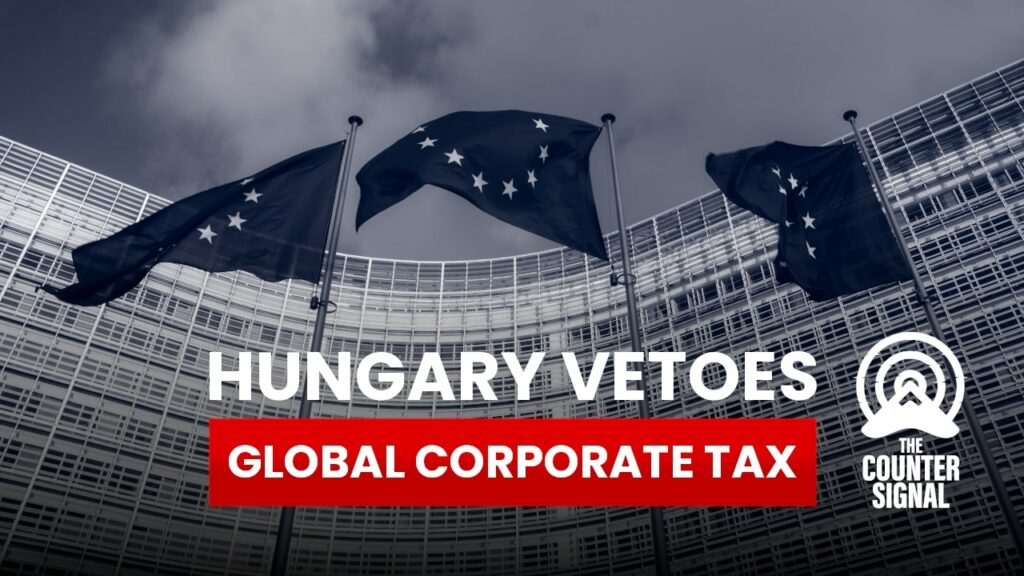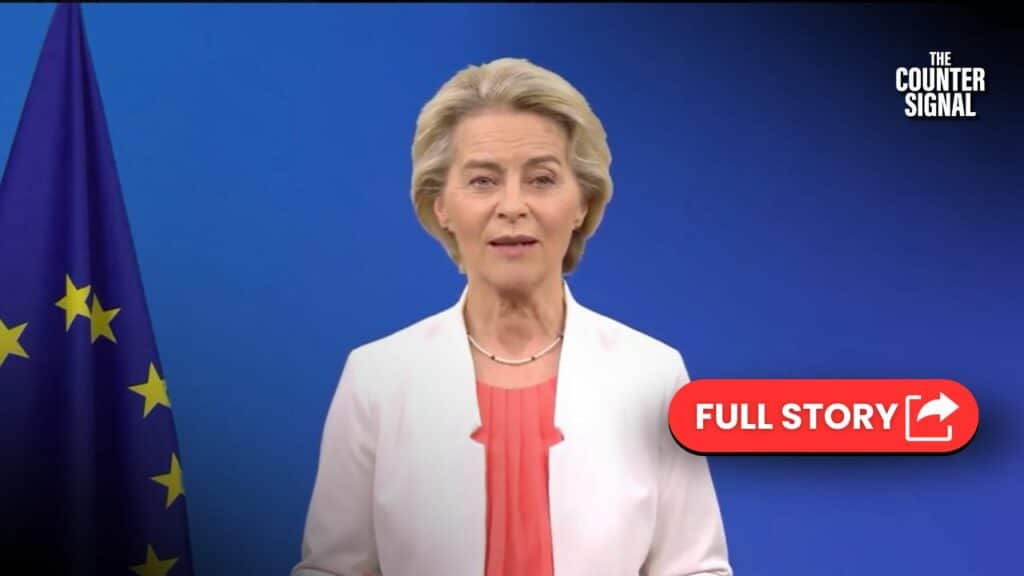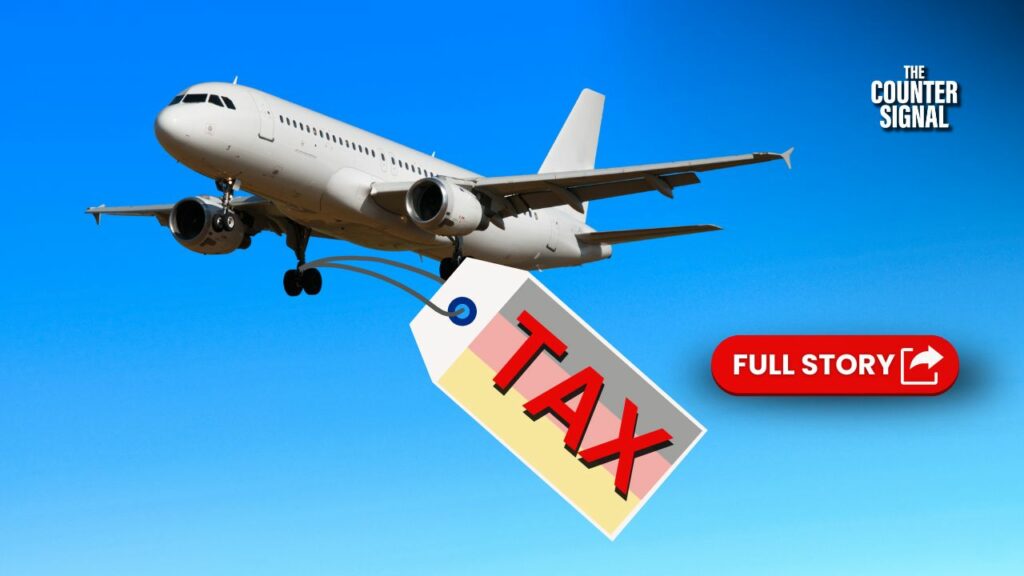Hungary has vetoed the European Union’s landmark deal to impose a global minimum tax rate on multinational enterprises by 2023.

The agreement, which has been in the works for years and was agreed upon by over 130 countries, would impose a 15 per cent minimum corporate tax rate on multinational companies making over 750 million EUR worldwide, ostensibly to hone in international tax avoidance.
“Hungary vetoed the measure last week during a meeting of European Union finance ministers in Luxembourg, potentially imperilling the deal because a unanimous decision is required among the 27-member voting bloc in order for it to adopt the initiative,” reports Fox News.
According to Hungarian Finance Minister Mihály Varga, “Under such circumstances, implementing the global minimum tax would cause serious damage to the European economy.”
Despite the roadblock, French Finance Minister Burno Le Maire is adamant that the EU will persevere in its quest to create a global tax.
“As soon as one problem gets sorted out, another one comes along,” he said before adding, “We will get there in the end.”
According to BDO Canada, the attempt to impose the world’s first global corporate tax is to address multinational enterprises that often utilize foreign countries as tax havens while profiting off domestic sales, thus skirting their tax obligations.
“Pillar Two [of the OECD’s two-pillar solution to tax havens] has garnered the most attention, as it introduces a global minimum tax rate of 15%,” BDO Canada writes.
“Unlike Pillar One, which redistributes profits, Pillar Two is expected to generate US$150 billion of additional revenues for governments. The new minimum tax rate applies to companies with revenue above EUR€750 million, which is the same threshold under the country-by-country reporting rules. The rules propose carve-out for certain entities (such as certain international organizations, governments, non-profits, pension funds, and investment funds) and certain income (5% of the carrying value of assets and payroll).”
It’s a big issue in the age of digital assets and worldwide travel. However, the idea of an unelected global organization taxing corporations and redistributing wealth has many more than a little concerned.










